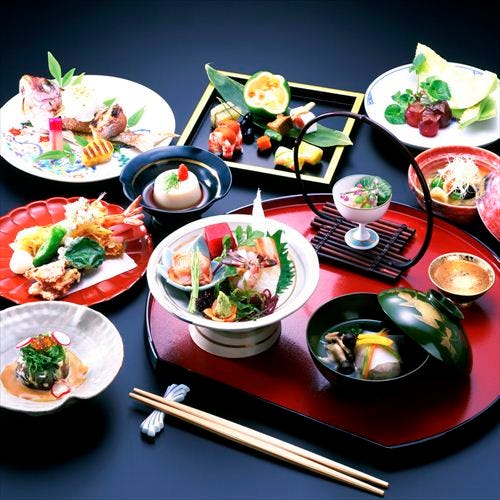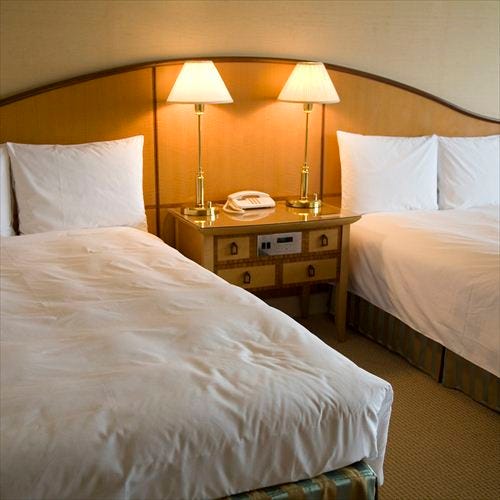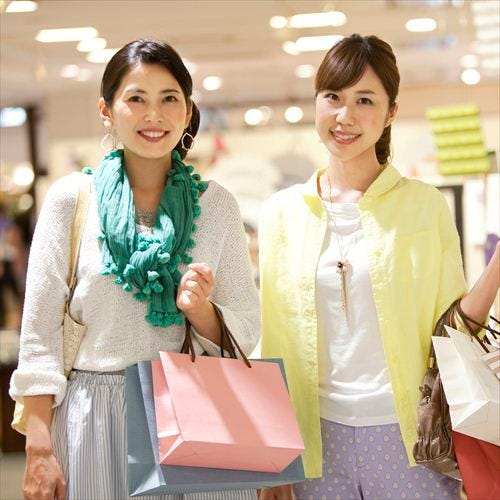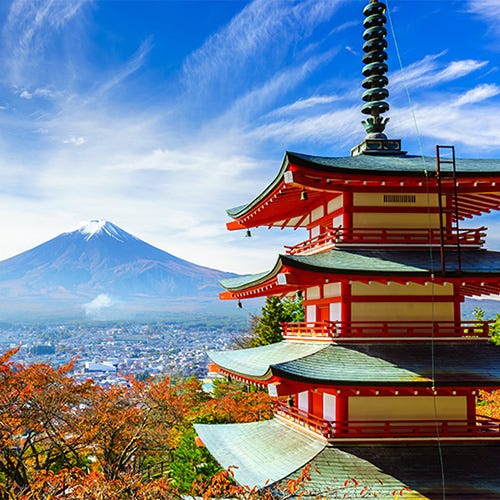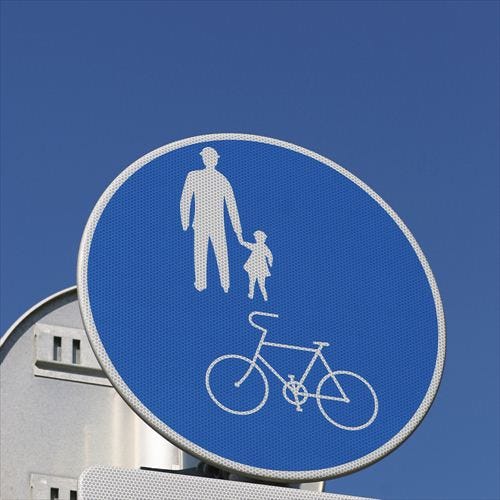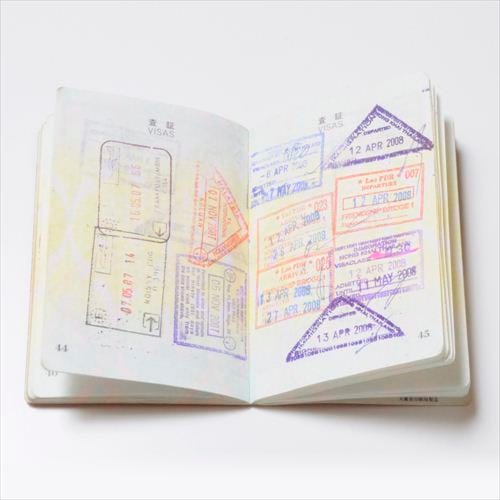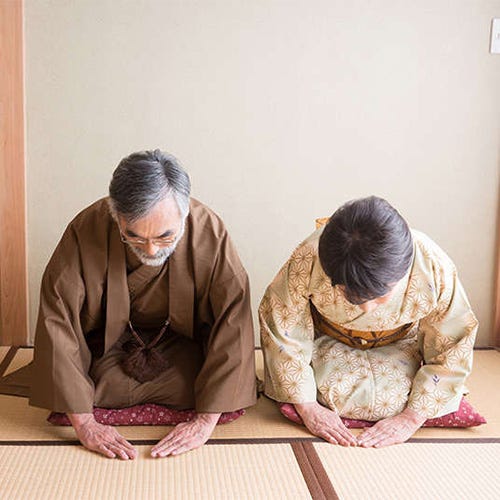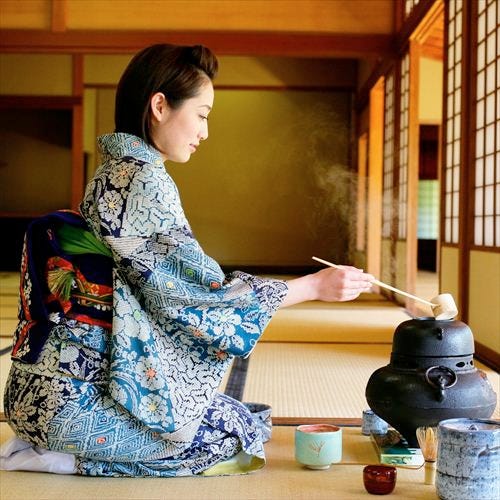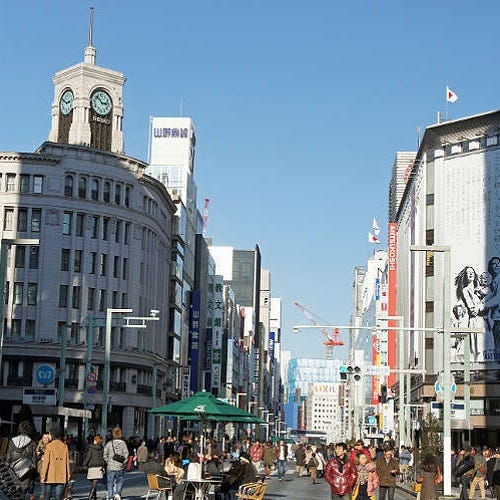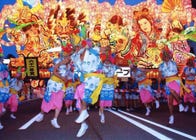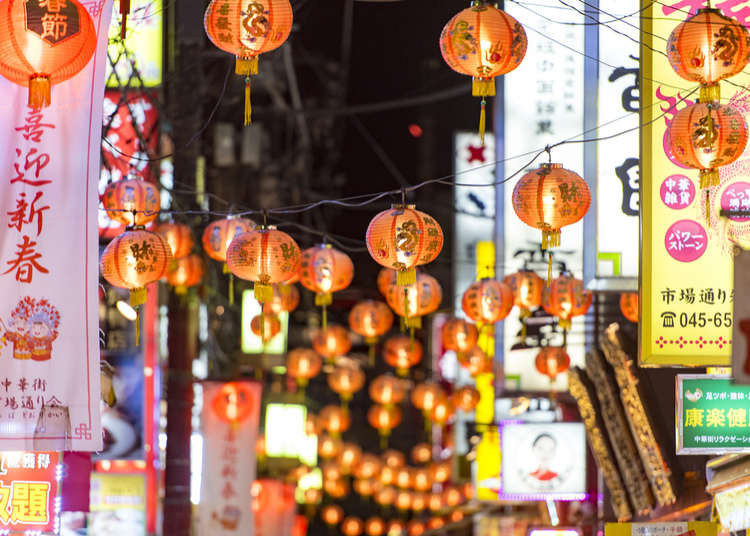
Japan and China have a long history of exchange. The countries share many cultural traditions, and today there are areas where you can find large numbers of Chinese migrants and their descendants living in enclaves such as the Chukagai (Chinatown areas) of Yokohama Chinatown, Kobe's Nankin-machi, and Nagasaki, as well as modern settlements in Tokyo’s Ikebukuro district.
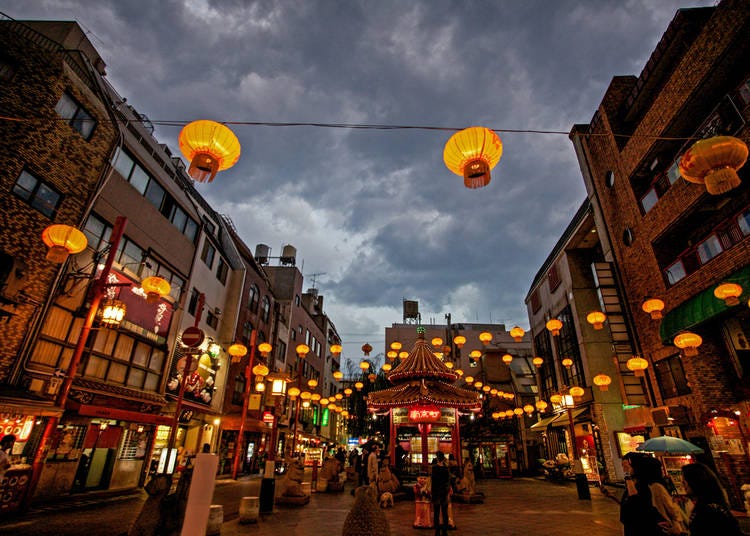
In recent years, there has been an increase in Chinese tourists visiting Japan to go on shopping sprees. As a result, companies are making more efforts to make everything easier for Chinese visitors. For instance, convenience store chain Lawson will start accepting payments through Alipay, the mobile wallet app from Chinese e-commerce giant Alibaba, in advance of this year's Lunar New Year celebrations.
Although Lunar New Year is not a holiday in Japan, it is celebrated in various ways. For example, there is the 15-day Chinese Spring Festival in Yokohama, where you can witness the Lion Dance, catch the Celebration Parade, and see thousands of lanterns on the final day of the festival.
The Lunar New Year is a celebration that takes place from the first new moon between mid-January and the end of February. It is a festival that honors old traditions and family ancestors and celebrates the coming spring. There are a number of customs, traditions, and superstitions attached to New Year's celebrations that call back to early Chinese legends.
Lunar New Year Customs
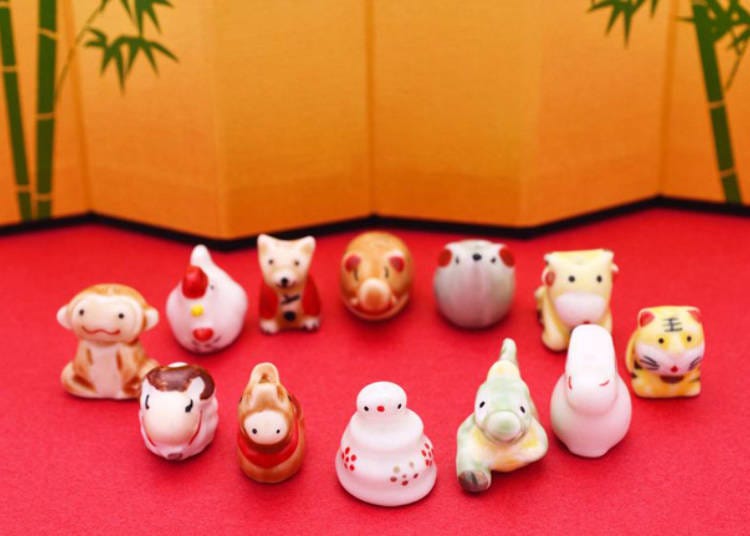
One thing you might notice from Chinese friends and areas like Chinatown is that everyone starts cleaning. People traditionally clean their homes before the New Year so that they can start the New Year afresh, it is something like spring cleaning in the West—but whereas in the West it is just a matter of cleaning, in China it’s believed that cleaning will also clean out any bad luck from the past year and make room for good luck to come in.
For this reason, you will find that doors and windows are open during this time as everyone wants to encourage good fortune into their home. It is also important to know that the cleaning has to be done by the New Year otherwise, you may risk sweeping away the good luck of the New Year.
Another Lunar New Year custom that is similar to New Year in Japan is the practice of visiting family and friends and giving money to children. During this time, elders typically give lucky red envelopes containing crisp bills of cash to children as well as unmarried adults younger than them.
Food for Lunar New Year
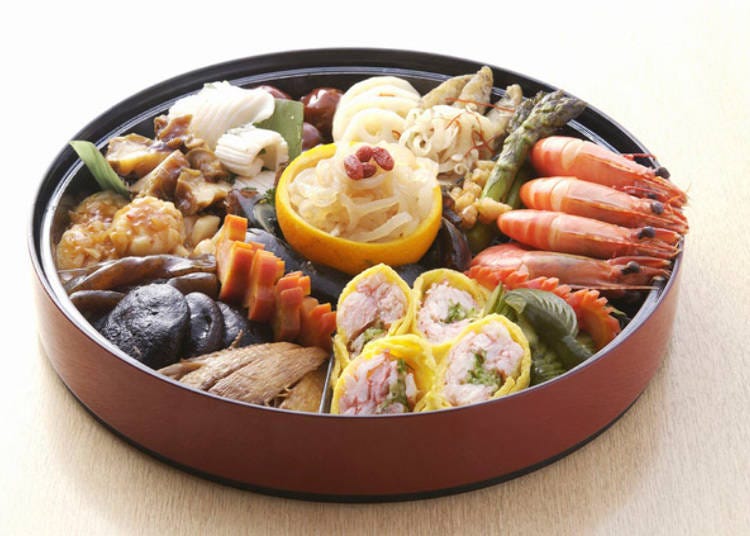
On Lunar New Year’s Eve, families gather together for a large reunion dinner where they eat a special meal full of dishes believed to bring good fortune. It is a time to unleash your appetite and eat a lot.
Dumplings and spring rolls are said to bring wealth, while fish is said to bring prosperity. Lunar New Year is also a time to eat sweet dumplings and desserts such as sticky rice cakes. After the reunion dinner, family members try to stay up as late as possible on the first day of the new year, a practice called “shou sui”. Tradition states that staying awake longer will bless your parents with longevity.
Lunar New Year Superstitions
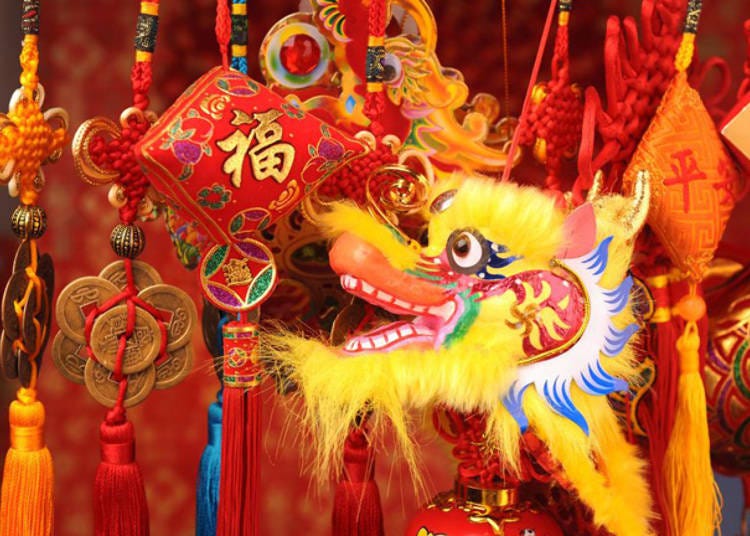
Besides windows and doors being open at this time of year, you might also notice the color red appearing everywhere; it is no coincidence, though! Many people will put up festive decorations around the house that are colored red due to an old Chinese legend in which red paper hangings scared away an evil beast. It is believed that this color symbolizes good luck and is believed to ward off evil.
There are also a number of taboo activities around New Year—for example, buying shoes is strictly off-limits, as the word has a negative meaning in Chinese. At the beginning of the New Year, having a shower or getting your hair cut is not a good idea as it is believed that washing may lead to any good luck also being washed away, and any good fortune that has attached itself to your hair will be lost if it gets cut.
Festivals in Japan for Lunar New Year
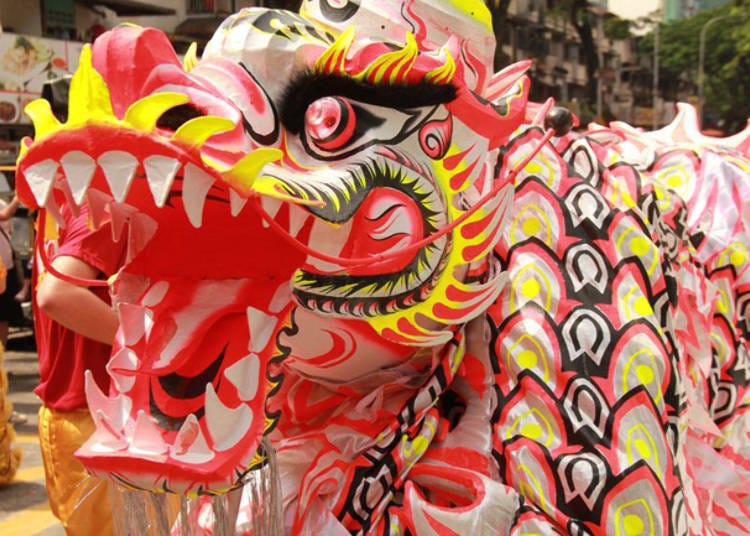
As explained before, there are a number of public events held to celebrate the Lunar New Year, such as those that take place in Yokohama. These festivals typically feature live music, dancing, acrobatic performers, firecrackers, parades, and fireworks. The lion dance is an important Lunar New Year tradition, which varies in style from cute and comical lion dances to exciting martial arts demonstrations.
How to Celebrate Lunar New Year in Japan
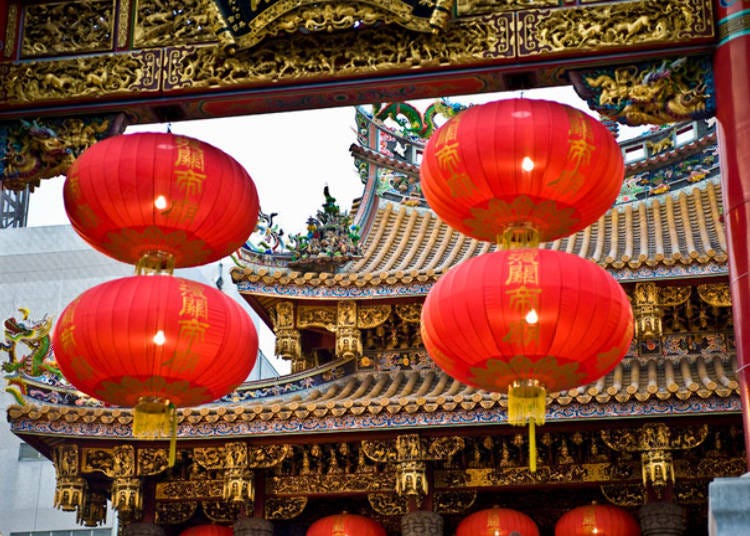
Historically, Japan celebrated the New Year according to the traditional lunar calendar, just like China. However, during the Meiji Era, the Japanese government moved towards Westernization and adopted the Gregorian calendar with the New Year beginning on January 1.
Still, the symbolic importance of Chinese zodiac animals has continued, with the animals being incorporated into Japanese New Year celebrations. Furthermore, Lunar New Year festivities are still celebrated in Japan due to the large number of Chinese migrants and their descendants who keep this important holiday alive, both for themselves and the tens of thousands of visitors to the festivals.
In Japan, anyone can celebrate the Lunar New Year in Japan by simply following the customs listed above and visiting a festival or public event. You just need to find out where your closest Chinatown is.
- 2023
- January 22 (Rabbit)
- 2024
- February 10 (Dragon)
- 2025
- January 29 (Snake)
- 2026
- February 17 (Horse)
- 2027
- February 6 (Sheep)
- 2028
- January 26 (Monkey)
Lunar New Year Events in Japan
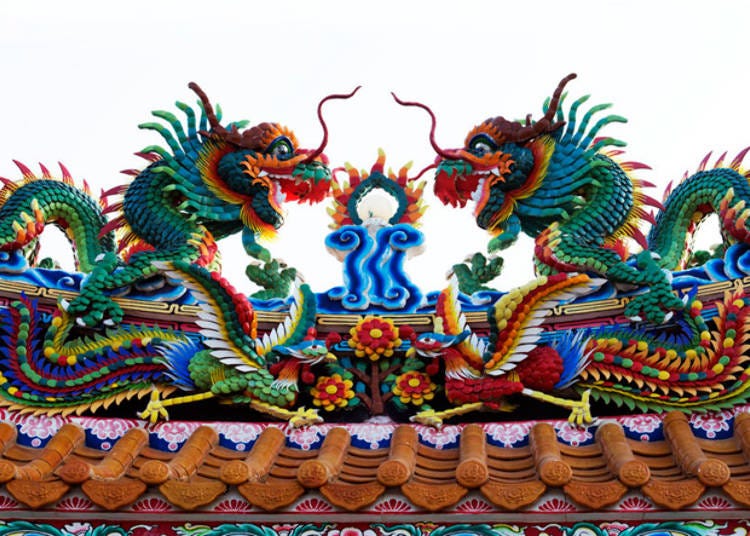
Yokohama Chukagai (Chinatown) is one of Japan's best places to enjoy Lunar New Year celebrations. (It's also quite close to Tokyo, about 40 minutes away from Shibuya via the Tokyu Toyoko Line.) Festivities include lion and dragon dances, musical performances, acrobatics, a parade featuring traditional clothing, and fireworks.
Kobe Chinatown, called "Nankin-machi," also features live performances, tai chi demonstrations, and firecrackers. Stalls selling food and other goods line the streets.
Shinichi Chukagai, established in Nagasaki during the 17th century, is the oldest Chinatown in Japan. The district holds a massive lantern festival, just like in Yokohama, to celebrate the Lunar New Year, with over 15,000 gorgeous Chinese lanterns on display, from small intricate designs to massive lanterns in the shape of Chinese zodiac animals.
-
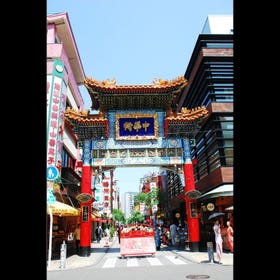
-
Address
Naka-ku, Yokohama-shi, Kanagawa, 231-0023
View Map -
Nearest Station
Motomachi-Chukagai Station (Minatomirai Line)
1 minute on foot
-
Address
Naka-ku, Yokohama-shi, Kanagawa, 231-0023
-
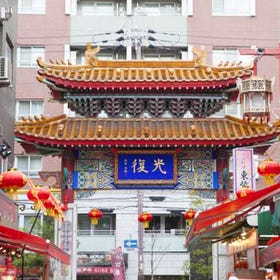
-
Address
Motomachidori, Chuo-ku, Kobe-shi, Hyogo, Sakaechodori, 650-0022
View Map -
Nearest Station
Kyukyoryuchidaimarumae Station (Kaigan Line (yume-kamome))
2 minutes on foot
- Phone Number 078-332-2896
-
Address
Motomachidori, Chuo-ku, Kobe-shi, Hyogo, Sakaechodori, 650-0022
Specialty Food during Lunar New Year
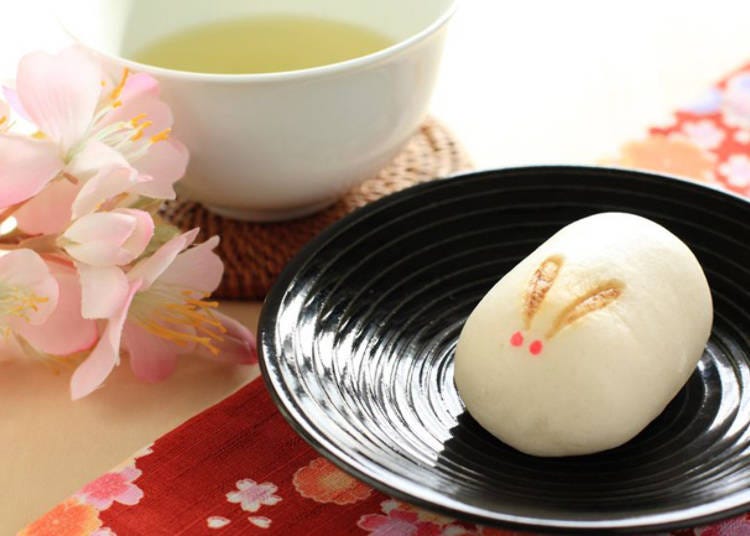
As with most festivals, there are certain foods to be enjoyed at this time of year, in particular Chinese cakes, but also Japan being Japan, other sweets are enjoyed during Lunar New Year. Japanese patisseries and bakeries will celebrate the New Year with wagashi (traditional Japanese sweets) fashioned in the shape of the Chinese zodiac animal of that year or with tiny cakes in the shape of the New Year’s animals.
Celebrate Lunar New Year in Japan for an Entertaining & Enriching Experience
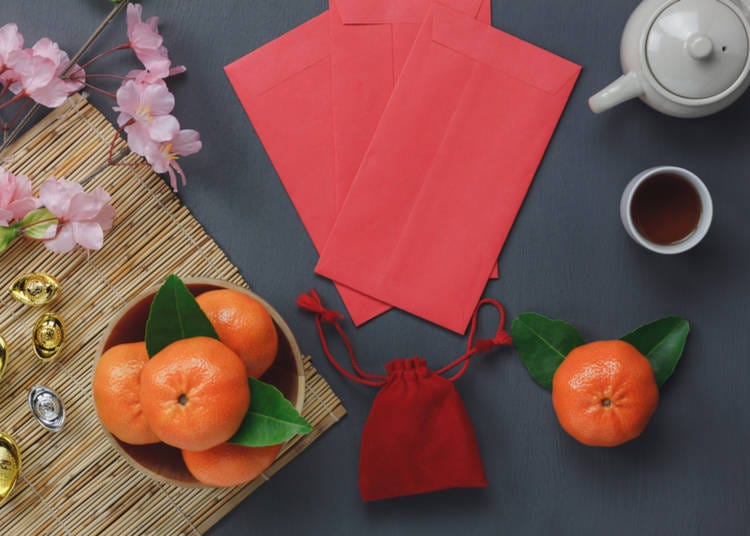
Whether you’re visiting Japan and want to celebrate the Lunar New Year during your visit, or you’re simply interested in learning more about how this important holiday is celebrated in Japan, the Lunar New Year festivities are a sight not to be missed.
- Area
- Category
*Prices and options mentioned are subject to change.
*Unless stated otherwise, all prices include tax.
Limited time offer: 10% discount coupons available now!
Recommended places for you
-
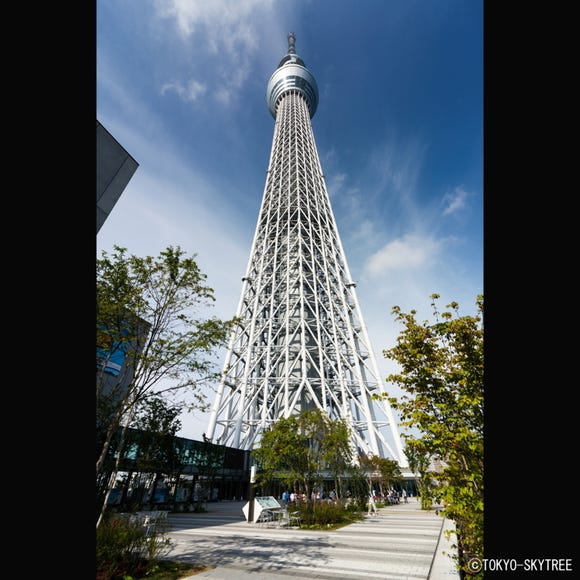
TOKYO SKYTREE®
Landmarks
Ryogoku / TOKYO SKYTREE(R)
-
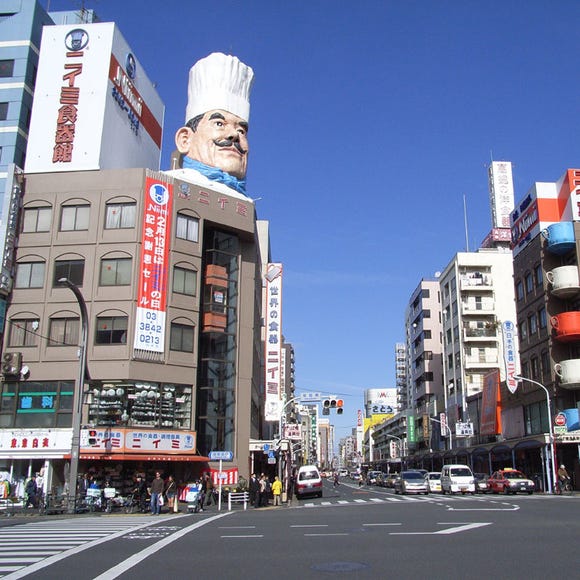
Kappabashi Street
Old Towns (Shitamachi)
Asakusa
-
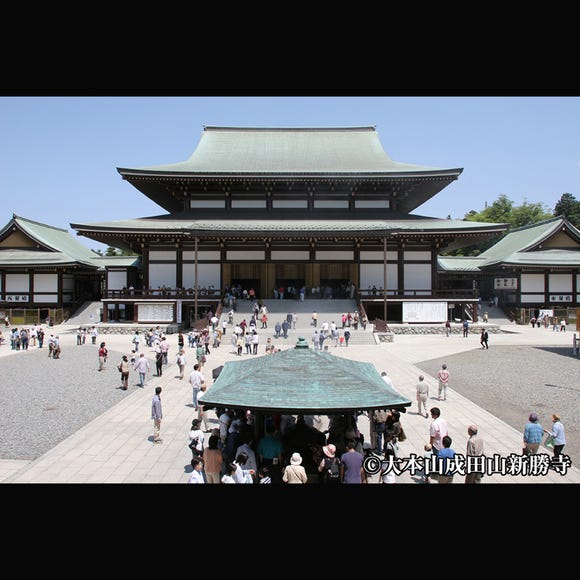
Naritasan Shinshoji Temple
Temples
Narita
-
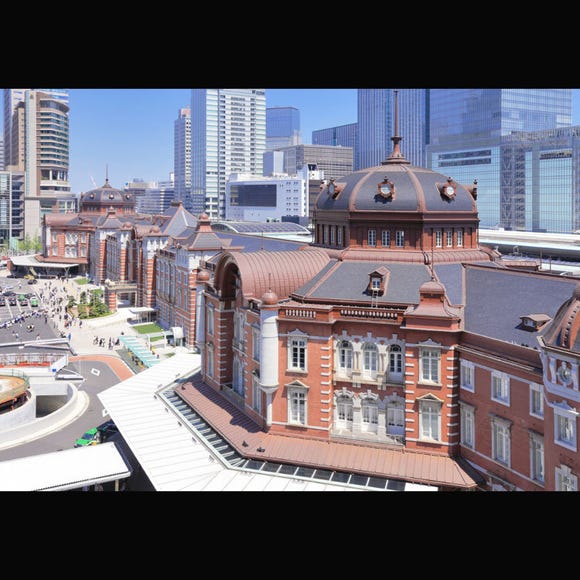
The Tokyo Station Marunouchi Building
Landmarks
Tokyo Station
-
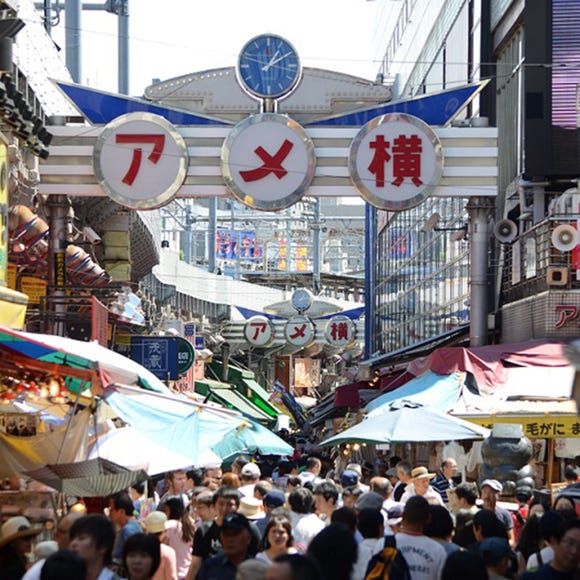
Ameyoko Shopping Street
Old Towns (Shitamachi)
Ueno
-
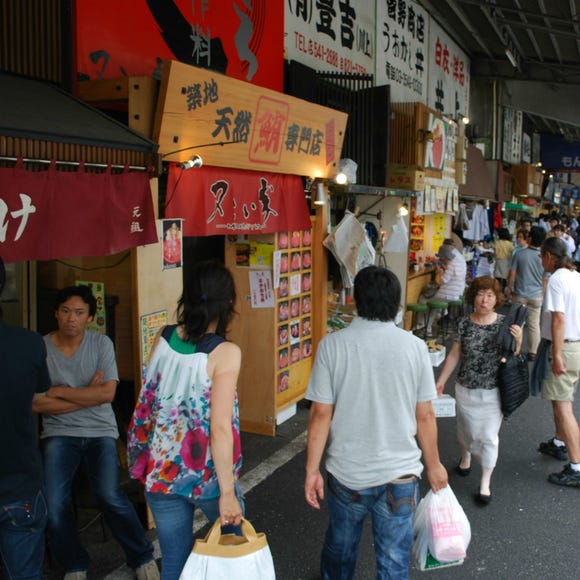
Tsukiji Outer Market
Old Towns (Shitamachi)
Tsukiji
-
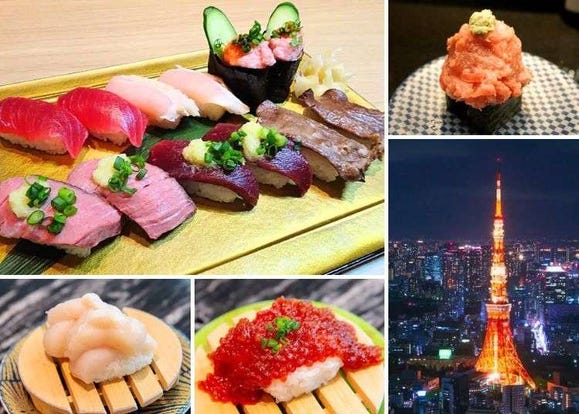
15 Must-Try Sushi Restaurants in Tokyo (+5 Trending Areas to Explore for Foodies)
-
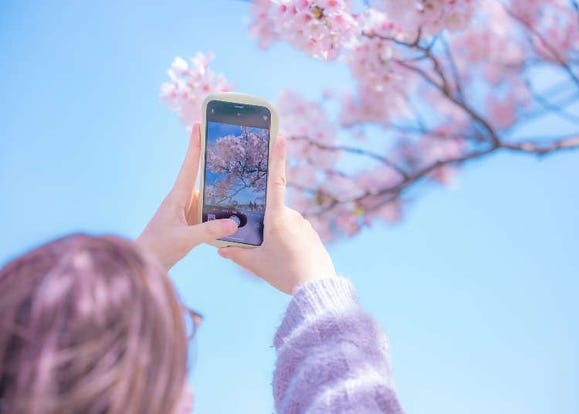
Professional Photos Even Beginners Can Shoot! 10 Tips for Taking Stunning Cherry Blossom Photos
-
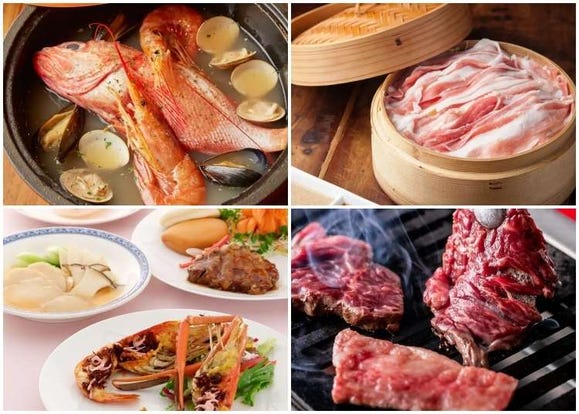
Where to Eat in Yokohama: 10 Must-Try Restaurants for Yakiniku, Izakayas, Unique Dining & More
-
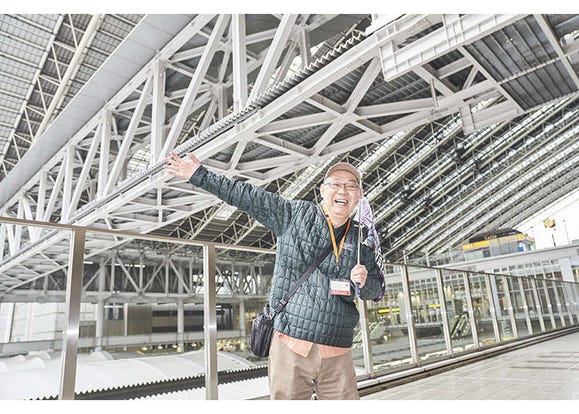
Discover Osaka Station City: A Journey Through Its Most Fascinating Spots
-
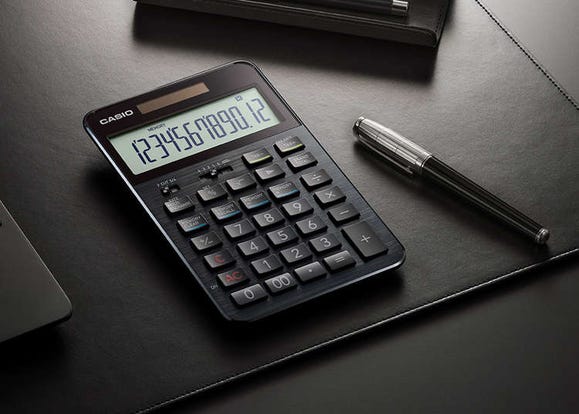
The CASIO S100: How CASIO's Masterpiece Calculator Redefines Business Elegance With Japan-Made Reliability
-
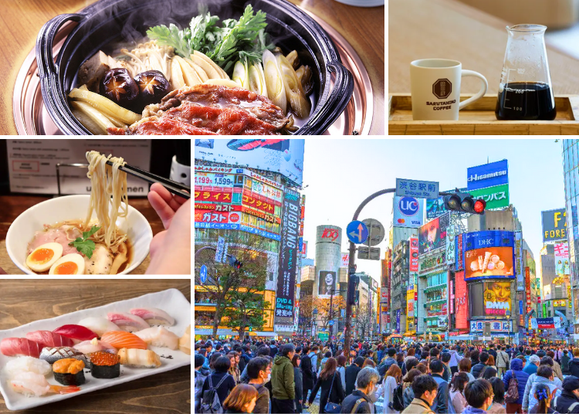
Where to Eat in Shibuya: 14 Must-Try Restaurants for Yakiniku, Sushi, Izakayas, Cafes and More
-
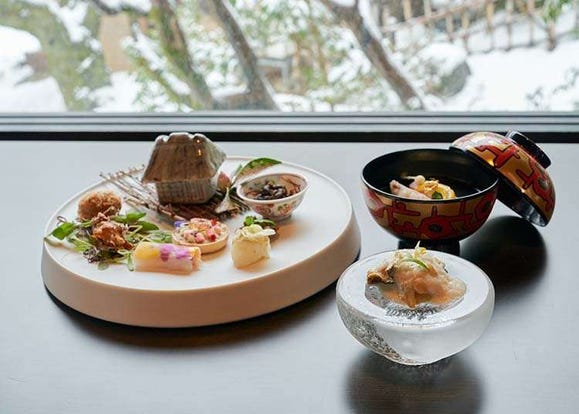
(Event Report) Spark New Discoveries in Delicious Hokuriku Regional Cuisine: Meet the Next Generation of Chefs Exploring New Frontiers in Japanese Dining Culture
-
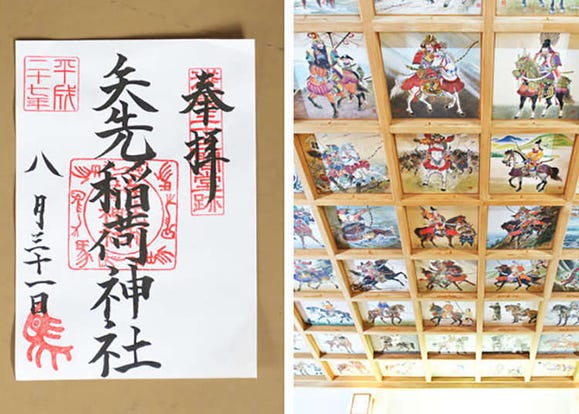
What is a Goshuin? All About Traditional Japanese Shrine Seals (and why you'll be addicted to collecting them!)
-
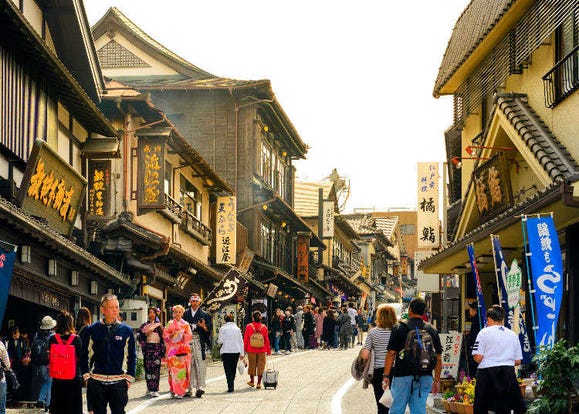
10 Tokyo Cultural Experiences to Get to Know Japan First-Hand
-
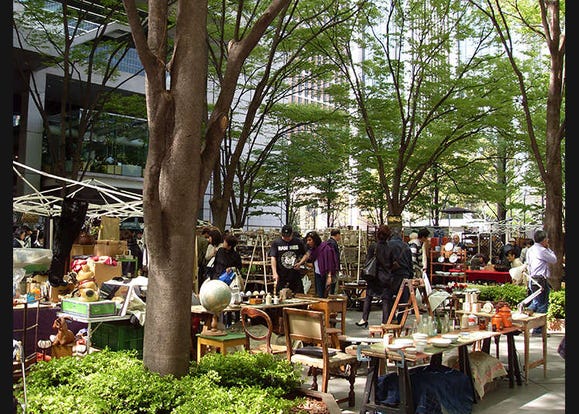
[2017] Dining and Traditions: Freely Experience Japanese Culture with Tokyo's Events in June
-
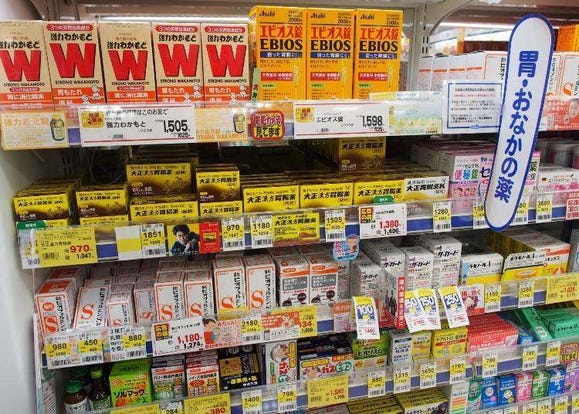
Complete Guide to Buying Japanese Medicine in Japan: Phrases and Vocabulary You Need to Know
-
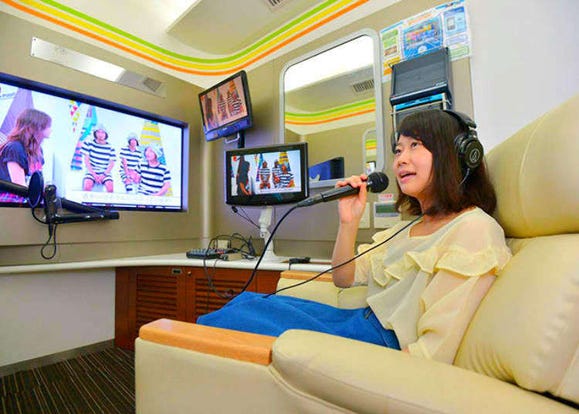
Spending Wonderful Time Alone in Shibuya - Free Cosmetics and a Hundred-Yen Bus!
- #best ramen tokyo
- #what to buy in ameyoko
- #what to bring to japan
- #new years in tokyo
- #best izakaya shinjuku
- #things to do tokyo
- #japanese nail trends
- #what to do in odaiba
- #onsen tattoo friendly tokyo
- #daiso
- #best sushi ginza
- #japanese convenience store snacks
- #best yakiniku shibuya
- #japanese fashion culture
- #best japanese soft drinks
